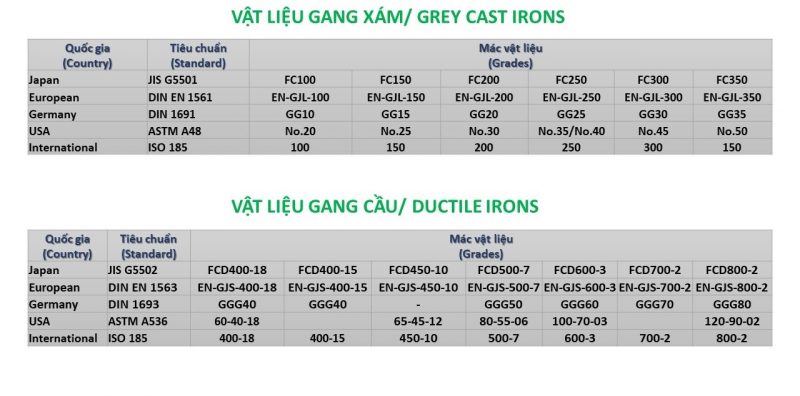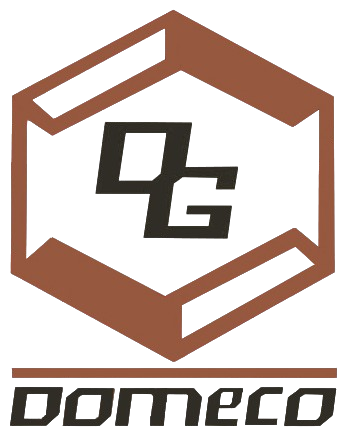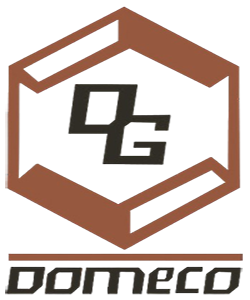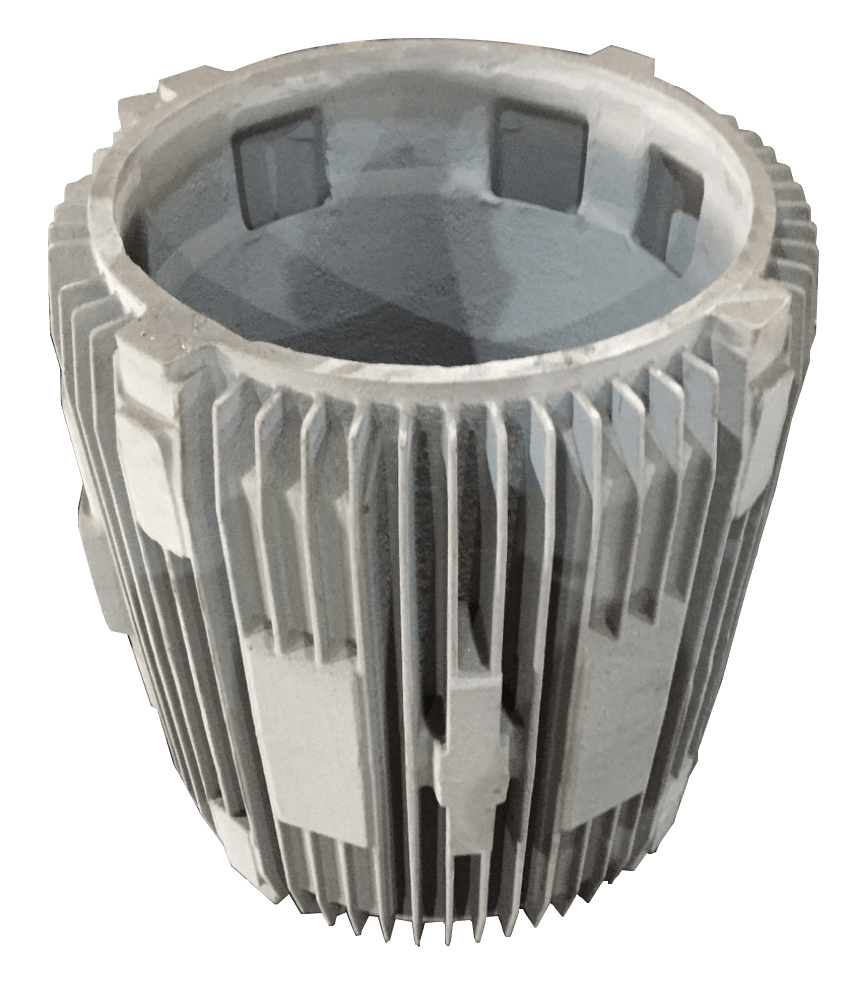Ductile Iron Casting: Understanding the Leading Technology in Production
Is a major step forward in the metal casting industry. With its superior strength, ductility and load-bearing capacity, this technology has become an indispensable solution in production. Let’s explore the process, benefits and practical applications of this technology.
1. What is Ductile Iron Casting?
Is the process of producing products from cast iron with a spheroidal graphite structure. Spheroidal graphite gives ductile iron high tensile strength and better impact resistance.
This type of cast iron is commonly used to manufacture machine parts, auto parts and construction equipment.
2. Ductile iron casting process
The process goes through many rigorous steps to ensure product quality.
There are many different types of cast iron materials classified according to tensile properties, according to national standards with different names such as FCD 300 – FCD 700 (JIS) or 60-40-18, 120-90-02 (ASTM)

2.1. Prepare ingredients
Scrap steel is chosen as the main raw material. Additives such as magnesium or cerium are added to improve the structure.
2.2. Metal melting
The metal is melted in a furnace at high temperatures. This process removes impurities and ensures purity.

2.3. Creating spherical graphite structure
After melting, the metal is treated with magnesium. This converts the graphite structure from sheet to spheroidal.
2.4. Molding
Molten metal is poured into a mold designed in the desired product shape.

2.5. Cooling and machining
The product is cooled naturally or by a cooling system. Then, mechanical processing and quality control steps are carried out.
3. Benefits of ductile iron casting technology
3.1. High durability
Ductile iron has superior tensile strength compared to gray cast iron. The product can withstand high pressure and strong impact.
3.2. Flexible and resilient
The spheroidal graphite structure gives nodular cast iron good toughness, suitable for dynamic load applications.
3.3. Good abrasion resistance
Ductile iron has excellent wear resistance, suitable for harsh working environments.
3.4. Cost savings
Compared with steel, ductile iron has lower production costs but still ensures quality and efficiency.

4. Practical application – Ductile iron casting
4.1. Mechanical engineering industry
Ductile iron is used to manufacture crankshafts, gears and heavy duty parts in machinery.
4.2. Automotive industry
Ductile iron is widely used in the production of axles, gearbox housings and suspension components.
4.3. Construction industry
In construction, ductile iron is used to manufacture valves, water pipes and load-bearing structural parts.
4.4. Transportation industry
Ductile iron is the main material for manufacturing manhole covers, grates and urban drainage system accessories.
5. Notes when using ductile iron casting products
5.1. Product quality control
Ductile iron castings must be tested for durability, dimensional accuracy and load-bearing capacity before use.
5.2. Periodic maintenance
Ductile iron parts need regular maintenance to ensure efficiency and prolong life.
5.3. Choose a reputable supplier
To ensure quality, you should choose products from suppliers with experience and reputation in the industry.
6. Development trends of ductile iron casting technology
Ductile iron casting technology is constantly improving to improve product quality. New methods help reduce costs, increase efficiency and protect the environment.
In the future, ductile iron will continue to play an important role in many industries.
Conclude – Ductile iron casting
Is the leading technology in the production of metal products with high durability and flexibility. With many outstanding advantages and diverse applications, this technology has contributed to improving efficiency in industries. Choose quality ductile iron casting products to ensure long-term and safe use.
Office: 276/9/54 Ma Lo, Binh Tri Dong A Ward, Binh Tan District, Ho Chi Minh City, Vietnam
Factory: 50A Ho Hoc Lam, An Lac Ward, Binh Tan District, Ho Chi Minh City, Vietnam
Tax code: 0318502548
Tel: (+84) 90377 8786 – (+84) 9033 88218
Email: dongson13@gmail.com


